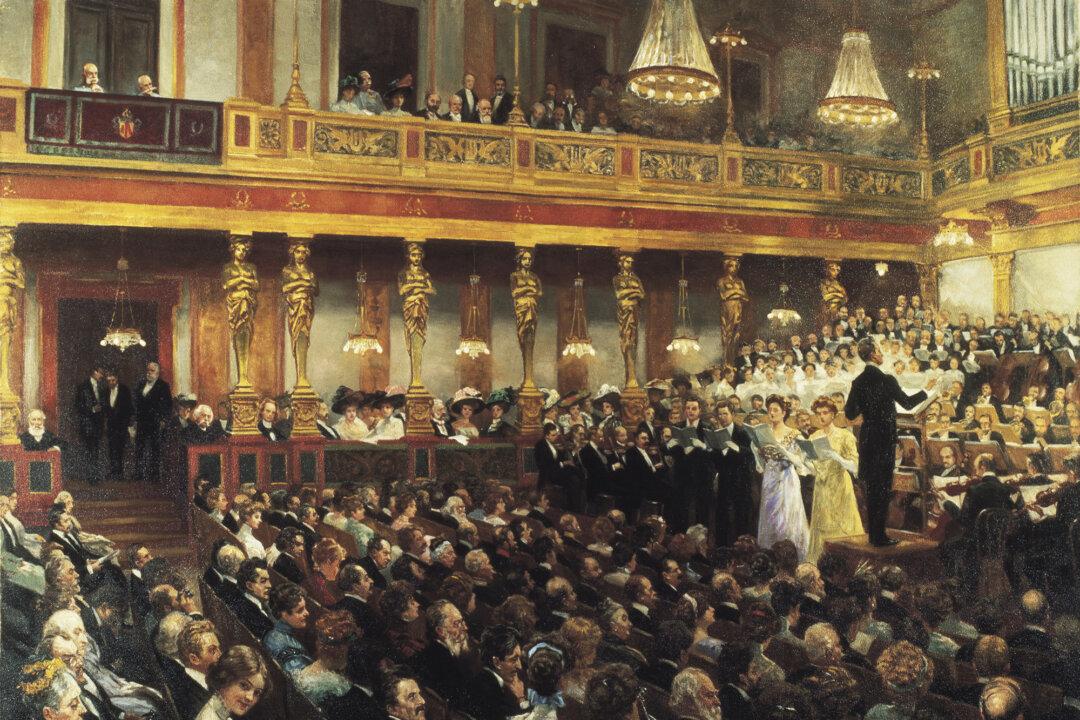It has become a common occurrence to see angry parents attending school board meetings in the past few years, upset about sexually explicit material or gender transition encouragement presented in the classroom.
But a recent school board meeting in California featured parents upset about something other than gender and sexuality issues for once. This time, they were concerned about high school honors classes—removed in the name of equity.






